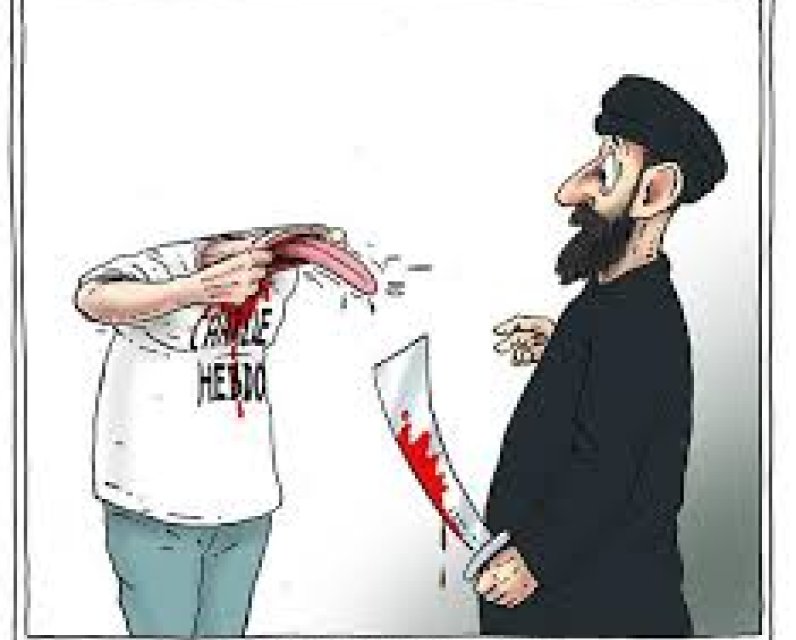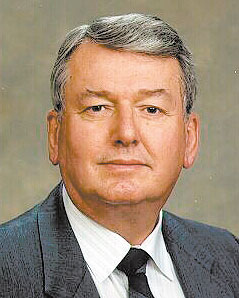Unpublished Opinions
On Charlie Hebdo

Some interesting ideas emerge in one of the more provocative articles about the Charlie Hebdo tragedy, viewable at:
http://blogs.mediapart.fr/blog/olivier-tonneau/110115/charlie-hebdo-lett...
The author of the article, Frenchman Olivier Tonneau, states fairly early in his article an obvious and important point, but one that is too often ignored, viz Peoples are neither homogeneous nor self-enclosed units: within peoples, people organize themselves and oppose themselves around principles and ideas.
As I understand them, M. Tonneau’s principal points pertinent to the Charlie Hebdo tragedy are twofold, viz (i) that in the time between the major immigration of Algerian Muslims into France and the present, constant discrimination against this Arab component of the French population has convinced young people within that component that for them, there is no liberté, égalité, fraternité, and they have consequently embraced fundamentalism instead; and (ii) that such fundamentalism cannot be equated with Islam. He writes:
It is on the ashes of the Nadha that fundamentalism as we know it emerged. I say “emerged”, because we should not be fooled by the fundamentalists who claim to restore Islam in its original purity. The ideology they promote – literal, violent, legalistic, narrow-minded, other-worldly – is a radical novelty in the history of Islam. It is the dramatic perversion of a culture.
So how did such a perversion take place? This is where the story gets complex – more complex than that of the West vs. the Muslim world. M. Tonneau describes Nadha this way:
Few people even know today that there was a period, beginning in the mid-ninetieth century to the mid-twentieth century, called the Nadha (Rebirth, or Renaissance), which saw a wide-ranging process of secularisation from Morocco to Turkey.
It appears that some other writers spell the same word as “Nahda”; see e.g. http://archive.unu.edu/unupress/unupbooks/uu32me/uu32me0c.htm.
M. Tonneau goes on to say:
Let us be clear: fundamentalism is not caused by immigration from Muslim countries. It is very easy to demonstrate this: Muslims migrated in [sic] France as early as the 1950s and the issue of fundamentalism only arose in the last fifteen years.
M. Tonneau is at least partly right in saying the foregoing, but he misses the crucial point. The combination Muslim plus fundamentalism leads inevitably to extreme jihadism, ultimately manifesting itself in the forces prevailing in the Islamic State, but all too often surfacing in western countries. And extreme jihadism finds ample support in Islam for its manifestations.
With the benefit of hindsight, we now know that mass migration of Muslims into western society was a huge mistake that was destined to lead to today’s irreconcilable conflict, or set of conflicts, between the jihadists on the one hand and western states and their principal traditional majority European populations on the other. While M. Tonneau and other writers are interested in exploring the historical foundation for the conflict, it really doesn’t matter, except to provide a starting point for constructive thought – what matters is what can be done about the conflict so as to eliminate it or at least to eliminate its most violent expressions.
M. Tonneau’s answer to this last question is:
I still believe that the best way to do this is to fight for our Republican ideals. Equality is meaningless in times of austerity. Liberty is but hypocrisy when elements of the French population are being routinely discriminated [against]. But fraternity is lost when religion trumps politics as the structuring principle of a society. Charlie Hebdo promoted equality, liberty and fraternity – they were part of the solution, not the problem.
The foregoing is an idealistic answer, probably not capable of leading to the elimination of fundamentalism generally nor radical jihadism in particular within any time frame that we can imagine. The reassertion of liberté, égalité, fraternité as a paramount guiding principle for political and social decisions in France is laudable and applaudable, and should receive universal support, provided that it remains compatible with a pluralistic society. But as a practical matter, delivering political, economic, and social implementations of this policy will require a tremendous amount of public will, an incalculable amount of time, and more wise political leadership than seems likely to be available, at least in the foreseeable future. Recall the old cliché that you cannot solve a complex problem, because by the time you are approaching a solution, the problem has redefined itself.
My impression is that M. Tonneau is a man of goodwill who is trying his best to help. Not an obstructionist militant. He has contributed some useful thinking.
But we need guidance on how to build on M. Tonneau’s ideas and the constructive ideas of other writers, and how to come up with some answers to Islamic violence that might just work.



Comments
Be the first to comment